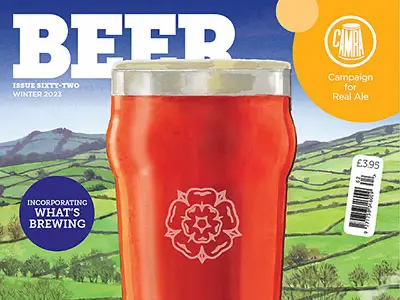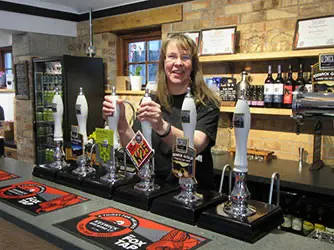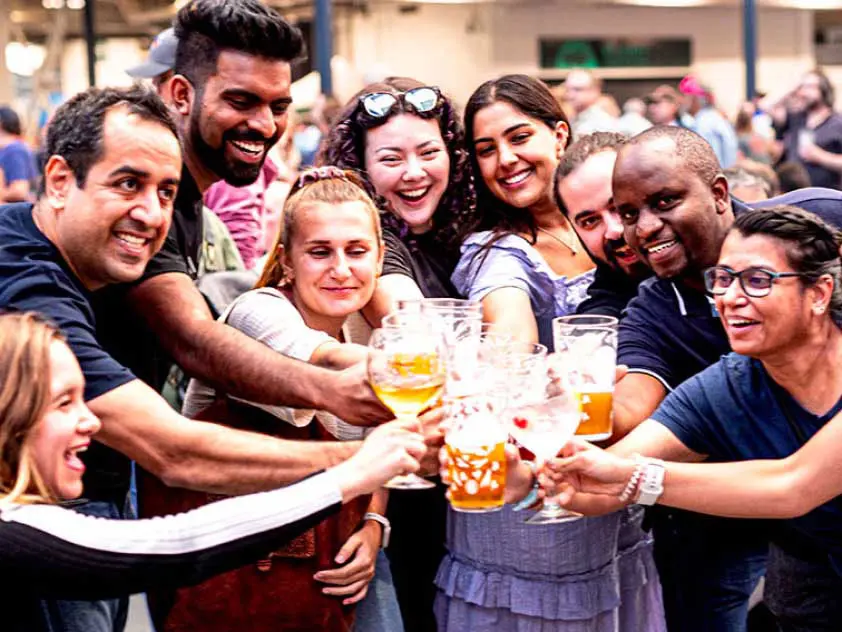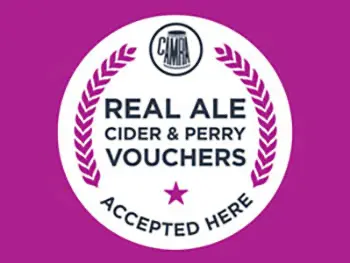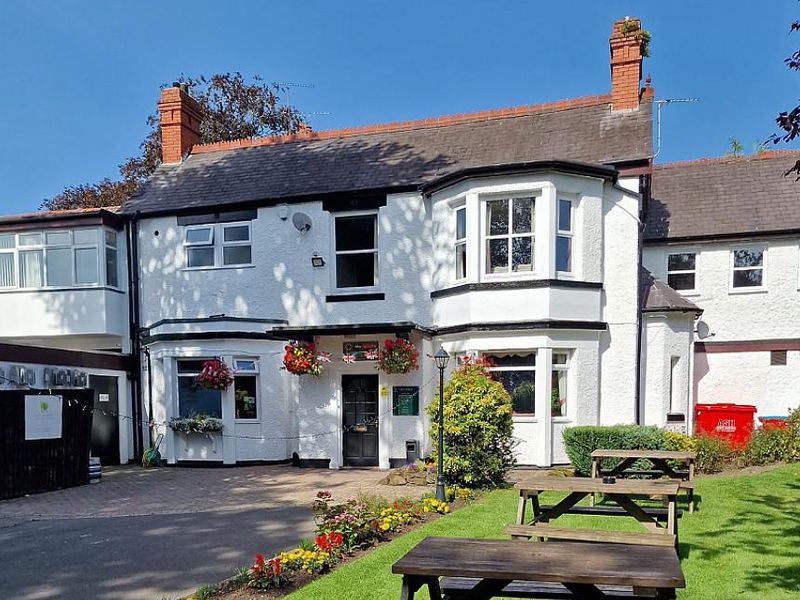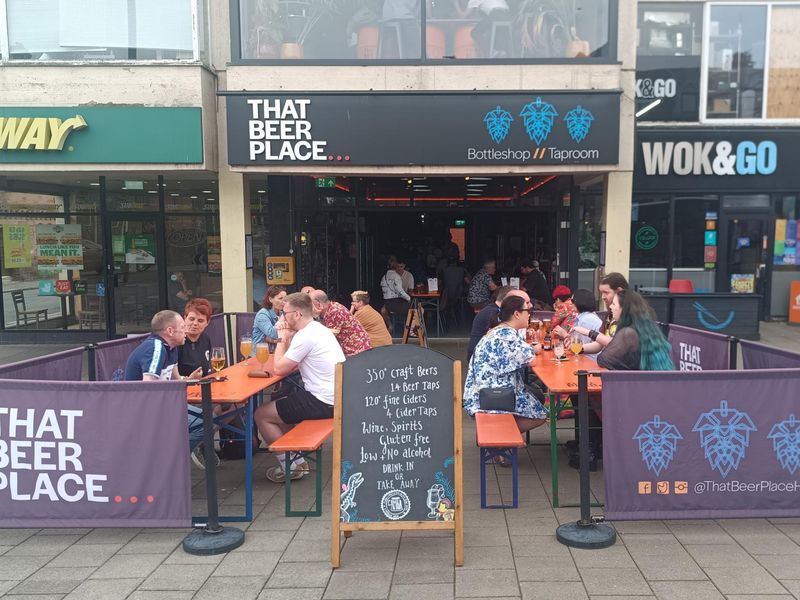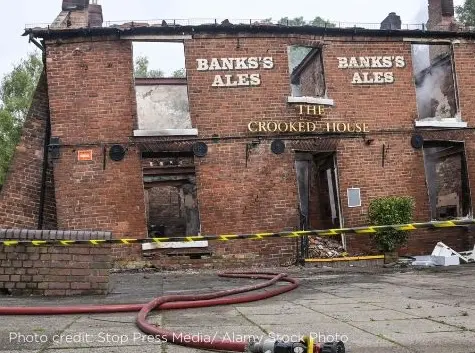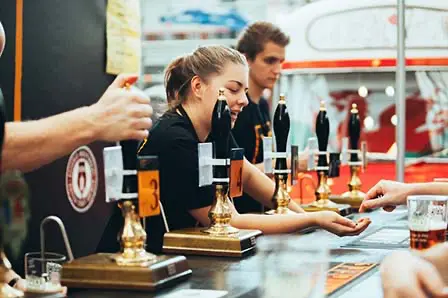Everything is finite, and all good things must come to an end. Most people understand this, even if only subconsciously, and it’s why I think we cling to nostalgia so tightly – it helps stop us worrying about that which we ultimately cannot control: change.
Nostalgia plays a huge part in what we drink and enjoy. It’s largely why Guinness is so frustratingly popular at the moment (and I say frustratingly from the perspective of someone who feels like this is a missed opportunity to get more people drinking cask beer). But this phenomenon also extends to brands like Theakston’s Old Peculier and Timothy Taylor’s Landlord, even Bass remains popular among some enthusiasts.
Bass is particularly interesting to me, because it’s no longer brewed in its original home of Burton-upon-Trent. Instead, it’s a brand owned by the largest brewing company in the world, AB InBev, brewed under licence for it by a separate multinational beer conglomerate, Molson Coors. Yet there are those who still cling to it tightly, or at the very least the idea of it, because it reminds us of a time before change, when we remember being safe and happy. For me, well-kept Bass is a warm hug of a beer, drinking it makes me feel like everything is normal, and all is right with the world.
Thousands of new breweries have opened in the UK since the heyday of Bass in the 1970s, especially after the Beer Orders were introduced in 1989. The legislation opened up greater market access to small, independent breweries until it was rescinded in 2003. Several breweries opened as a result during the 1990s, including Black Sheep, Rooster's and Abbeydale – the last founded by Pat and Sue Morton in the city of Sheffield in 1996.
Black Sheep was, unequivocally, a trailblazer. Established in 1993 by Paul Theakston, it was an act of defiance against the acquisition of his generational, family brewery of the same name by Scottish and Newcastle. The story of both breweries has taken an ironic twist, however, with the Theakston family regaining independent control of its brewery in 2003. Meanwhile, after hitting a rough patch following the Covid-19 pandemic, Black Sheep became part of the Keystone family of brands in March 2024 – the private equity firm saving it from vanishing off the face of the North York Moors.
Like Black Sheep, Rooster's also went through a change of ownership, with its original founder Sean Franklin selling the Harrogate brewery to the Fozard family in 2011. This preserved its independence, and its spirit, as its new owners sought to carry the torch that was lit by its original one. But despite Sean Franklin staying on for several months to train new head brewer Oliver Fozard, customers still found the time to complain that the beer had “changed”. As I said, change makes us uncomfortable, which is why we cling to the past so tightly.
This brings me to Abbeydale, the latest brewery to experience a shift in ownership, the Mortons taking a well-deserved (semi) retirement after running the brewery for almost 30 years. As with its peers, you might expect Abbeydale to have been sold to new owners, or even into private equity like Black Sheep. With their particular exit plan, however, Pat and Sue have done something quite different, and remarkably bold – in October 2024 they sold the brewery to each and every one of their employees, making it the first truly, 100 per cent employee-owned brewery operating in the UK as a result.
“The future of the business is important to us, and we have always said we would not sell out to the ‘big boys’,” Sue Morton told me. “We can think of no better option to secure the legacy of Abbeydale brewery than to trust our team with the business they have helped us to build, together.”
For the time being, Pat and Sue will remain part of the trading board, with Pat also serving on Abbeydale’s board of trustees. This will give the company and its new owners some much needed stability and continuity as its new owners find their feet. It feels like they are acutely aware of how the notion of change could affect the public perception of their business. Thankfully, it feels like its new owners understand this too.
“The big thing for us as employees is that our jobs feel secure, which is particularly a blessing at such a tumultuous time for the industry,” says Abbeydale representative Christie McIntosh. “We’re all genuinely invested in making our beer the very best it can be!”
McIntosh is right, because beer and brewing is experiencing a truly tumultuous time, working on razor-thin margins while access to market is gobbled up by multinational brewing concerns – around 82 per cent of the beer market in the UK is controlled by just seven companies. That’s why in a world of pre-pack administrations and acquisitions, Abbeydale’s transition to employee ownership feels like a radical act in itself. With more brewery owners reaching the closing stages of their tenure, it’s refreshing to see such positive steps being taken by this particular brewery. A way forward, and perhaps something others could learn from.
